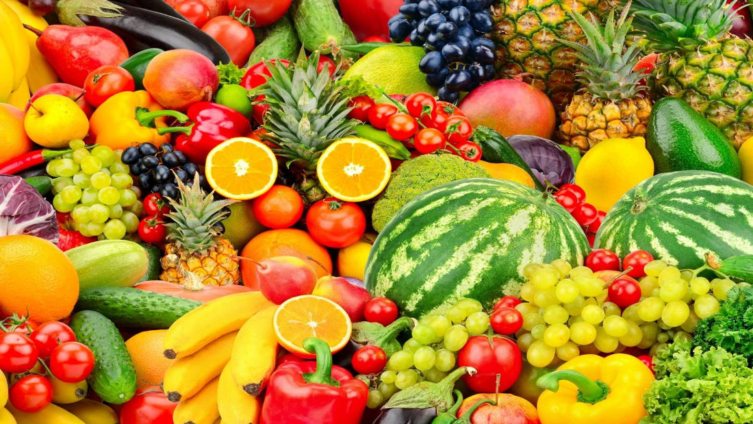Scientists at the Kwame Nkrumah University of Science and Technology are warning regular consumers of watermelon of adverse health effects from banned pesticides.
The findings published in the journal, Scientific Reports, found unacceptable levels of the pesticide residues in some of the fruits on the market in the Ashanti region.
A group of pesticides known as Organochlorine, which DDT and HCH are part of, are banned for agricultural use. However, it is being used in many developing countries.
“Organochlorine pesticides are stable and stay in the environment for a long time. Pesticides such as hexachlorocyclohexane (HCH), endosulfan and DDT have been used for agricultural purposes,” said lead scientist, Prof. Nathaniel Owusu Boadi of the Department of Chemistry.
The scientists, therefore, wanted to assess the level of organochlorine pesticide residues in fruits and to determine the potential health risks associated with the exposure to these pesticides.
For the study, they collected a total of 120 fruits comprising watermelon, bananas and pineapples from five communities in the Mampong Municipality of the Ashanti region.
The results showed that although the levels of the pesticides were undetectable in bananas and pineapples, the levels in watermelons were above the permissible limits.
They say this poses long-term risks to the consumer, especially children.
“Levels of methoxychlor, Aldrin and gamma-hexachlorocyclohexane (HCH) exceeded the maximum residue limits in watermelon.
“Estimated health risk revealed that Aldrin in watermelon could pose potential toxicity to the consumer. Estimated average daily intake for Aldrin was above the acceptable average daily intake.
“The combined health risk due to consumption of each fruit variety was minimal but, the overall health risk index due to consumption of all the fruits was higher than 1, indicating potential health risk to consumers,” the report stated.
The scientists are therefore calling for regular monitoring of pesticide residue in fruits and the appropriate actions taken to protect consumer health.
Latest Stories
-
From Mortuary to Matrimony: Feature on how couple’s love journey brewed at the morgue airs on Joy Prime
1 min -
Ghana’s LPG prices rank among the highest globally – LPG Marketers Association
8 mins -
Filth Exhibition: Residents near Korle Gonno bear the brunt of nationwide filth
22 mins -
We’ve not selected NPP members as returning officers – EC replies Mahama
39 mins -
We’ll not honour any invitation – ECG tells Ashanti Regional Minister
1 hour -
Dumsor vigil to hit Accra
1 hour -
Supreme Court rule for dual citizens to hold other key positions laudable – Kwaku Asare
1 hour -
‘No one is above the law’ – CAF president on match-fixing allegations against Samuel Eto’o
2 hours -
Manchester City thrash Brighton to go second in table
2 hours -
NDC’s running-mate speech proves readiness to lead – Asah-Asante
2 hours -
Further win for nibima as another KNUST study supports medicinal prowess
2 hours -
World Bank’s food price index eases; maize, wheat prices hit 3-year low
4 hours -
2020 polls all about pulling Ghana back from precipice of destruction, corruption – Naana Jane
4 hours -
Guru expresses interest in contesting SRC election at UG
4 hours -
Oil prices projected to average $84 in 2024 – World Bank
4 hours

